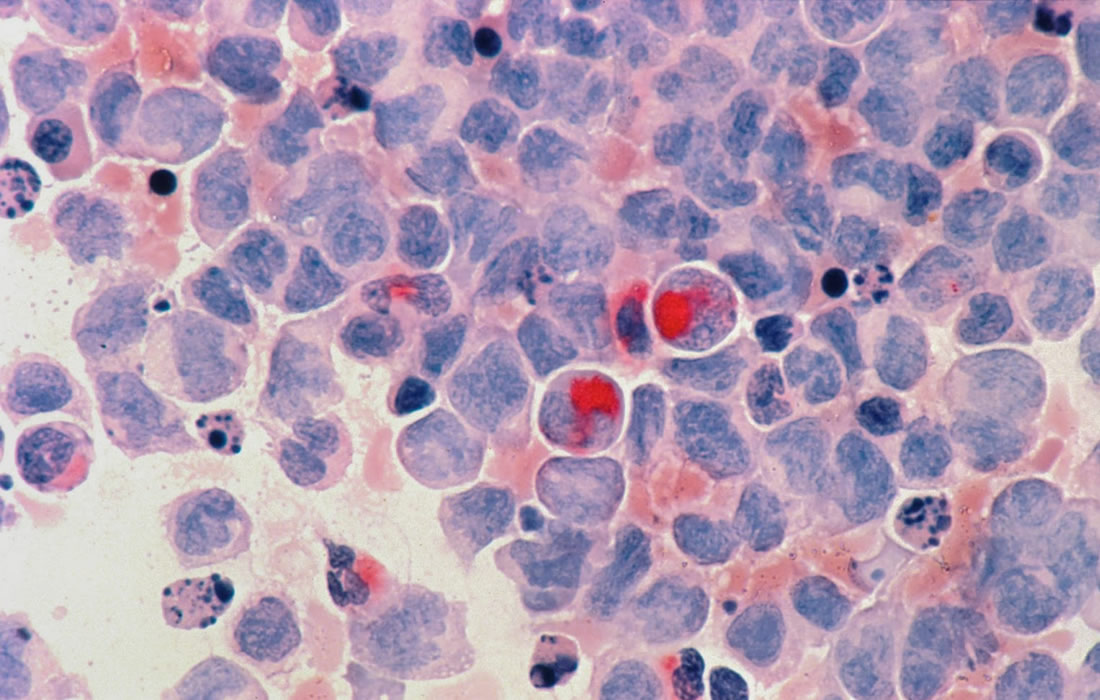Alzheimer’s disease is the most common cause of dementia that affects more than 6.5 million Americans, according to the Alzheimer’s Association. To find effective treatments and slow the progression of this debilitating disease, researchers have made much progress in developing new drugs that target beta-amyloid plaques, one of the hallmarks of Alzheimer’s disease. Beta-amyloid plaques […]
Author Archives: Rocio Gallegos, MD
While aripiprazole has long been a standard treatment for psychiatric disorders, recent studies indicate that it is effective in treating circadian rhythm sleep disorders, including delayed sleep-phase syndrome. This condition causes patients to sleep and wake extremely late at times. Researchers from the University of Tsukuba have discovered that aripiprazole can directly affect the mammalian […]
In a new study researchers used data from a genome-wide association study (GWAS) of RA susceptibility to construct a polygenic risk score (PRS). They evaluated the PRS’s ability to predict radiographic progression — progressive anatomical damage assessed by radiographic imaging — in individuals with RA. In a GWAS, genomic analysis of a group of individuals […]
106 adults with T2D were randomly assigned to either the high-protein or normal-protein diet for 52 weeks. Both diets were energy-restricted. The high-protein diet included recommendations to include lean beef in the diet, while the normal-protein diet instructed participants to refrain from eating any red meats. The team of researchers found that both a high-protein […]
Millions of Americans have inflammatory bowel disease (IBD), which occurs in one of two forms: Crohn’s disease or ulcerative colitis. Though the two have similar symptoms, they require different treatment strategies, and tests to distinguish between them are invasive. Though Crohn’s disease and ulcerative colitis have similar symptoms and unknown causes, they affect disparate parts […]
Treating newly diagnosed Type 1 diabetes patients with semaglutide may drastically reduce or even eliminate their need for injected insulin. A total of 10 patients at UB’s Clinical Research Center in the Division of Endocrinology were studied from 2020 to 2022, all of whom had been diagnosed in the past three to six months with […]
Surfactants, or ‘surface-active agents’ are a class of chemical compounds that are used in everyday objects such as soaps and cleaning products, as emulsifiers, foaming and wetting agents. They are also released through natural processes such as sea spray and a key emission from cooking activities. The scientists have built an extensive body of research […]
The team from the Department for Molecular and Medical Virology at Ruhr University Bochum has explored ways to reduce the risk of infection for viruses . Their findings show that alcohol-based hand sanitizers and commercially available surface disinfectants provide good protection against transmission of the virus via surfaces. Some viruses are known to remain infectious […]
Two new studies from Washington University School of Medicine in St. Louis have identified a previously unrecognized pathway of cell death — named lysoptosis — and demonstrate how it could lead to new therapies for cervical cancer. The blood of patients with cervical cancer and other tumor types is dotted with a protein called SERPINB3. […]
Atrial fibrillation is the most common arrhythmia, the risk of which increases with age, and which is associated with an increased risk of stroke, heart failure and mortality. Vitamin D has been shown to have an effect, for example, on the atrial structure and the electrical function of the heart, suggesting that vitamin D might […]










